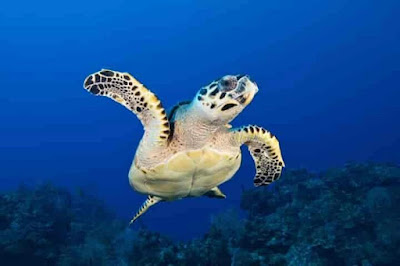Why do mother octopuses commit suicide just before her eggs are hatched?

Like any other mother, the female octopus is protective of her eggs. Guarding them day and night, she zealously shields them from predators while ensuring they remain oxygenated by blowing water over them. Yet, a report in smithsonianmag.com stated that a mother octopus is different as unlike other mums, she ceases to eat and worse self-destructs and inflicts injury to herself – tearing her skin, beating herself against rock and eating her arms. Finally, she dies before getting to see the eggs hatch! Till now what the octopus experts knew was that the optic glands of the creature were accountable for this peculiar conduct. This was confirmed since the removal of these glands saw the octopus start eating and living longer. Yet, what was fascinating was how did these glands trigger such amazing and strange actions? Read more


